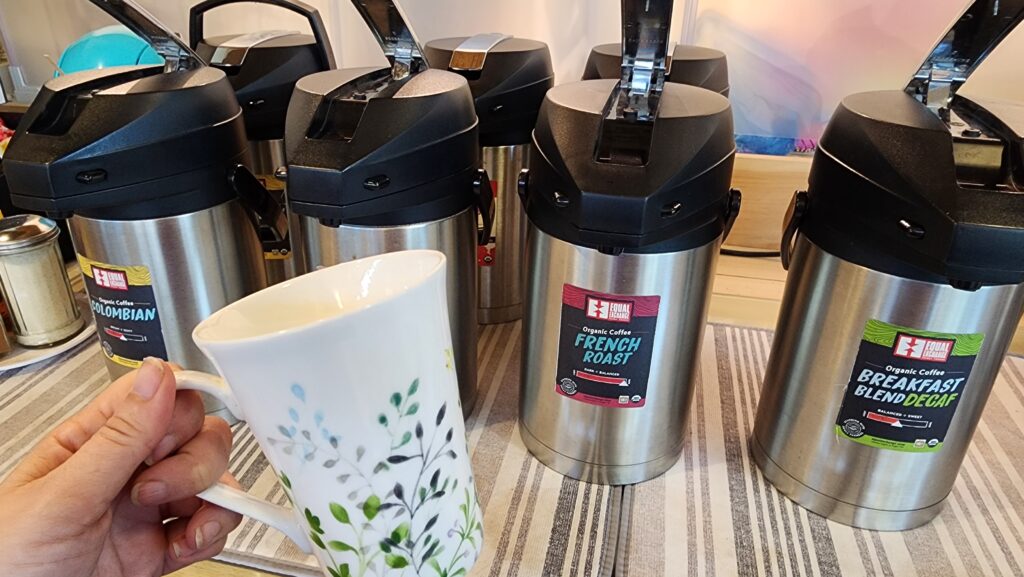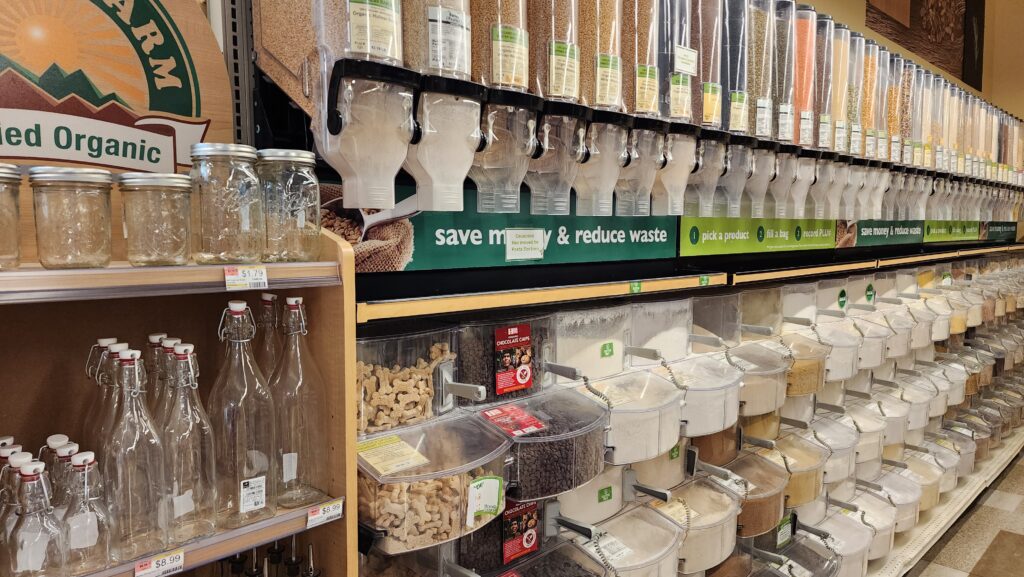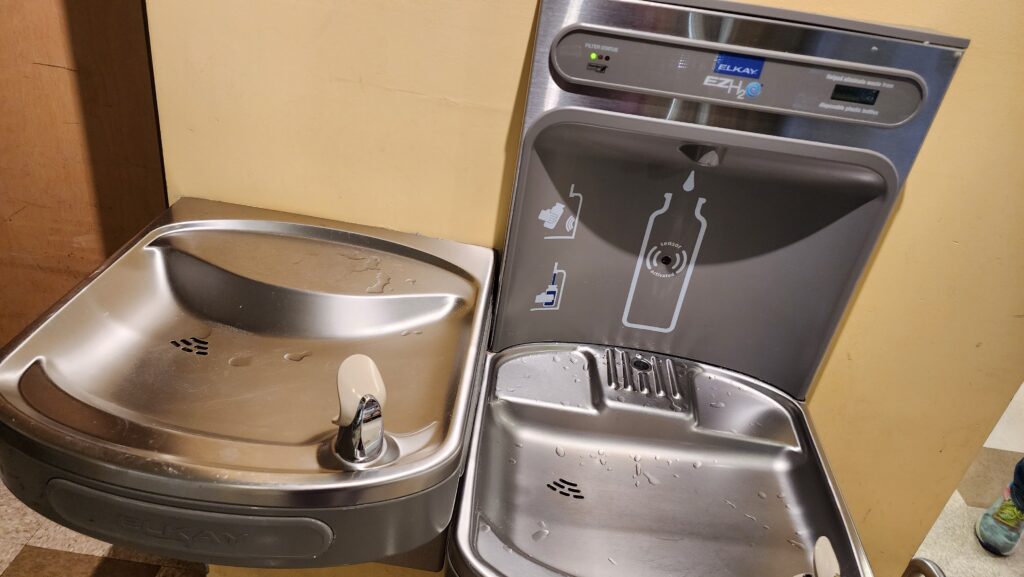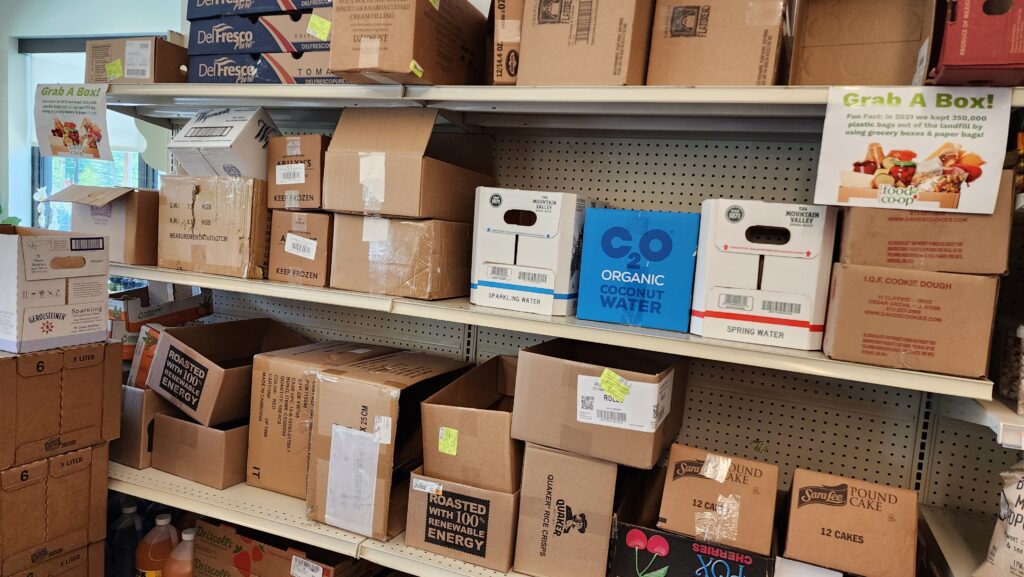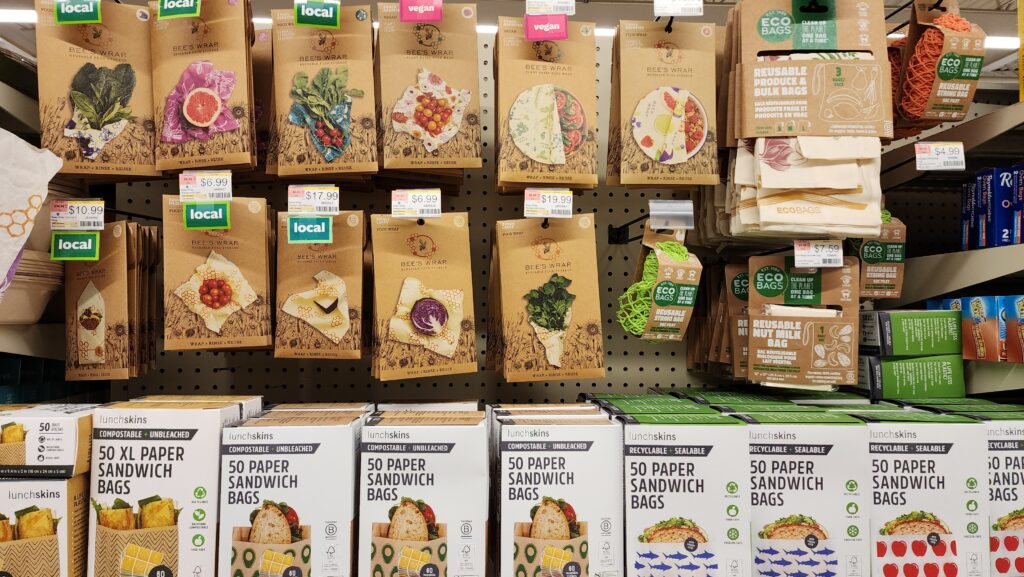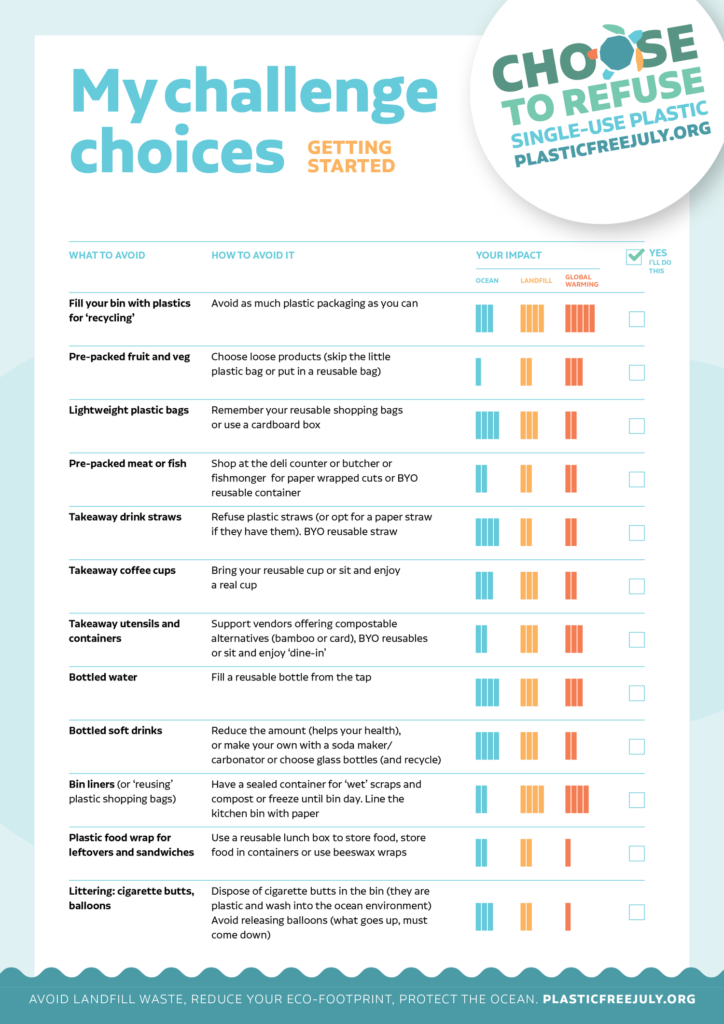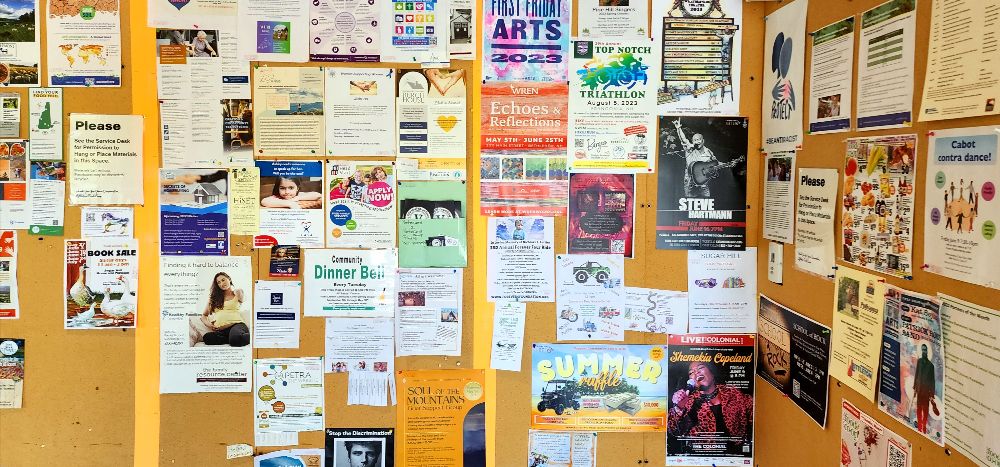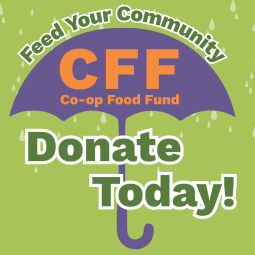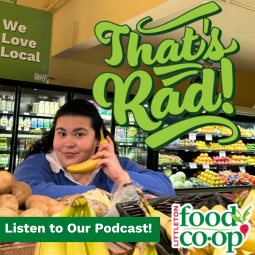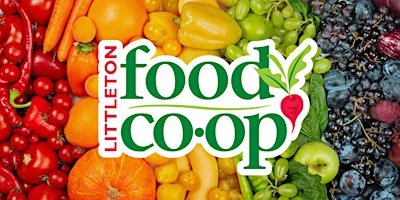Gifts for every budget and every person on your list – all in one convenient place.
By the time you’re reading this, we’re getting into the “last minute shopping season.” Just because you come across a gift closer to the holiday does not mean you have to compromise on quality. We’re all busy people who don’t always have time to take a special Christmas shopping trip. And then there’s the flaky uncle you assumed wasn’t coming to dinner who all of a sudden RSVPs “yes.” The extra child you forgot your sibling has. The dog! Don’t forget a present for the dog!
But wait, you also have to go grocery shopping! Ahhh! Stress!! Why not do two things at once and do your last minute holiday shopping at the Littleton Food Co-op? This year we’ve compiled a list of gifts straight from the Co-op shelves to fit any budget. Whether you’ve got $5 to spend or $50, show your love this holiday season with one of these festive gifts:
Under $5
- A quality bar of chocolate: The key to giving a small, single item is to make it unique and of quality. We suggest something from Equal Exchange or Endangered Species. Try going out of the box a little bit, perhaps with the Lemon Ginger or Cinnamon Cayenne & Cherries. This also means you’re giving a new experience, too. An added bonus is that both of these companies use fair trade ingredients, so you can feel good about passing this along.
- Locally designed greeting card: Perfect for friends and family far away, a card with a sweet note can be one of the most heartfelt gifts to give and receive. If you want to go a step further, include some mementos like photos from the year, newspaper clippings, copies of ticket stubs, etc. to let your recipient know how your year went.
- An aesthetically pleasing jar of popcorn: Utilizing the resources of the Bulk Department is the ideal way to cut costs this holiday season. Simply grab the jar of your choice (or bring one from home) and fill it with either multicolor, yellow, or white kernels. This is the perfect gift for someone who cares about how their kitchen/pantry looks or is constantly on FoodTok. Wrap it up in a nice ribbon or throw a bow on top and you won’t even have to wrap it. Plus, if you throw in the promise of a movie in the future, you’re giving the gift of quality time. Just make sure they’re paying for the movie if you intend to keep it under $5…
- Other options: dog treats; a seasoning they use a lot or have never tried before; fancy mustard or other condiment; moisturizing lip balm.
Under $15
- Cabot Seriously Sharp Popcorn: Okay, this may sound silly to those who haven’t had this magnificent popcorn snack, but to those who have, you know what’s up. Whoever you give this to is either going to love you for introducing them to their new favorite snack… or hate you for introducing them to their new favorite snack. Throw in their new Sea Salt Caramel Cheddar or Maple Cheddar holiday flavors and it makes a whole popcorn set!
- Ursa Major Candle: It’s an undeniable fact that candles are the perfect gift to give, especially in the winter when we could all use a little more coziness. With this 100% beeswax unscented candle you won’t have to worry about your recipient not liking the smell or look. These candles are made by a young local elementary school entrepreneur, so really how can you not buy one??
- Fuller’s Pure Maple Dry Sugar: The great thing about this variation of the maple syrup gift is it works for locals and beyond. It’s pretty easy to pass off some local maple products to someone not from the area, but this really shows off the full scope of what maple can do. It’s a little cheaper than syrup, but it’s just as versatile.
- Other options: Locally made dressing or marinade; Bulk Dill Cashews, Full Circle Reusable Lunch Set; Co-op reusable bag; local honey.
Under $25
- 3-pack of Bees Wrap: Reusable and sustainable packaging is becoming a huge trend now, and with that means the options are becoming more and more stylish! The original Bees Wrap products come in individual and multi packs in a variety of designs. You can certainly give a single wrap as a gift, but giving a 3-pack empowers your recipient to integrate it more into their life. No one likes to find out that their gift actually sits unused in a drawer. Pick a pattern they’ll love and you’re almost guaranteed that won’t happen to you!
- A local bottle of wine: Our collection of local wines has grown tremendously over the past few years, and now you can satisfy and delight a person of any palette. Rossi Imports supplies us with wines from across the spectrum of light to dark. And the folks at Zorvino have crafted unique flavors like “Chocolate Raspberry” and “Peppermint Mocha” for the more adventurous. We even have Sap House Meadery bottles and cans for someone who’s “over the wine scene.” Sometimes the hardest part of gifting wine is remembering it’s about what they like, not you! But nothing says you can’t get a second bottle for yourself…
- Co-op Merch: Who doesn’t love shopping at the Co-op? Let your friends and family bring a piece of the Co-op wherever they go with a Co-op branded t-shirt or hat. It really takes the pressure off remembering to say “I love the Co-op” every five minutes. It’s only a bonus that they’re so stylish.
- Other options: Poinsettia or other plant; baking kit with King Arthur Flour, utensils, and fun mix-ins; a set of locally and fairly-sourced bath and beauty products.
Under $50
- Liter of Mount Cabot Maple Organic Maple Syrup: We have an incredible array of maple syrup from local producers, but Mount Cabot packaging and design just screams “I am made to be a gift.” When you buy maple syrup from a local producer, you know you are getting a quality product. Mount Cabot specifically is organic, single-source, and woodfired. If you don’t speak maple, that means it’s really, really good: for you, for the environment, and for this women-owned business.
- Primal Botanical CBD Rub: This local CBD company out of Vermont has great gift options for the person in your life who deserves a bit of extra pampering. Or honestly, the holidays can be so stressful, this might be one you’re allowed to keep for yourself.
- Norpro Compost Keeper: Another great gift for your eco-conscious friend or the one who could use a little encouragement. This could have been seen as a burden, but now that the Co-op has a customer compost bin out front from Meadowstone Farm, composting has never been easier! And as the package itself says, it’s “attractive enough to sit on your kitchen countertop.”
- Other options: Every candy option from the Bulk department.
Any budget
- A Littleton Food Co-op Gift Card: Stuck on what to get someone? Don’t want to go through the mental energy of deciding what to get someone? A gift card fits everyone, appeals to every taste, and is the easiest thing to wrap — because you don’t have to. Order a gift card online here.
For more gift ideas–from very general to very specific (I mean, we’re talking “gift for your mail carrier who you have an oddly close relationship” specific)– check out our podcast, That’s Rad. Our 2021 Gift Guide has gift suggestions for those absolutely un-giftable people in your life, and our 2022 Sustainable Gift Guide is all about creating unique gifts from our very own Bulk Department. Check them out today, and let us know if you use any of these suggestions.
Whatever gifting direction you choose, all of us at the Littleton Food Co-op wish you a cheerful holiday and a happy New Year ♥
*Price categories reflective of time of writing and cannot be guaranteed.



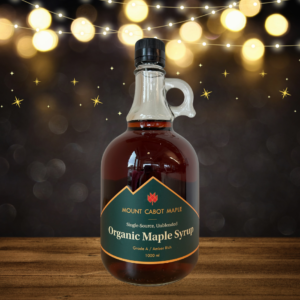
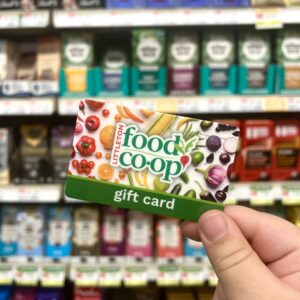

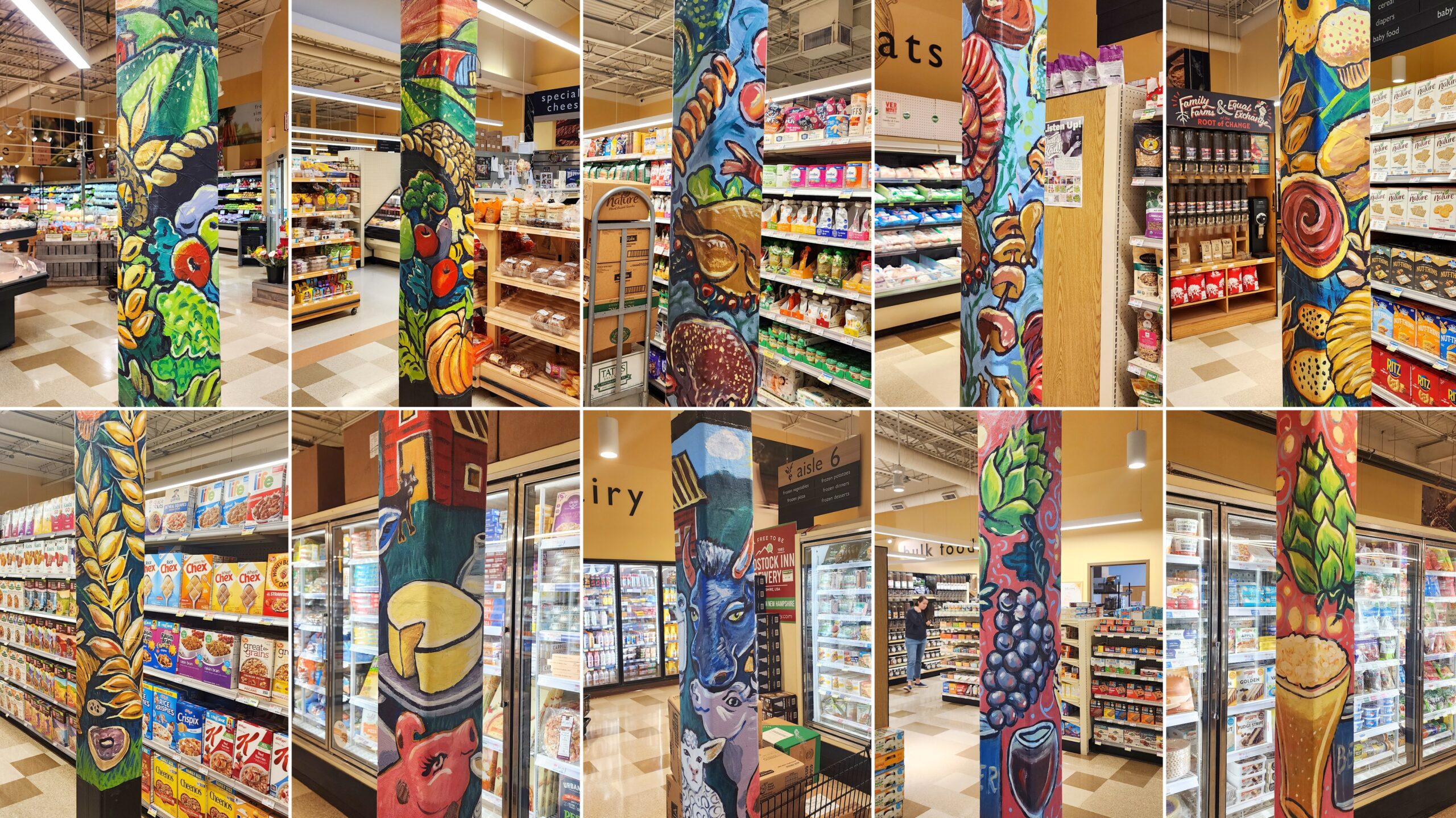
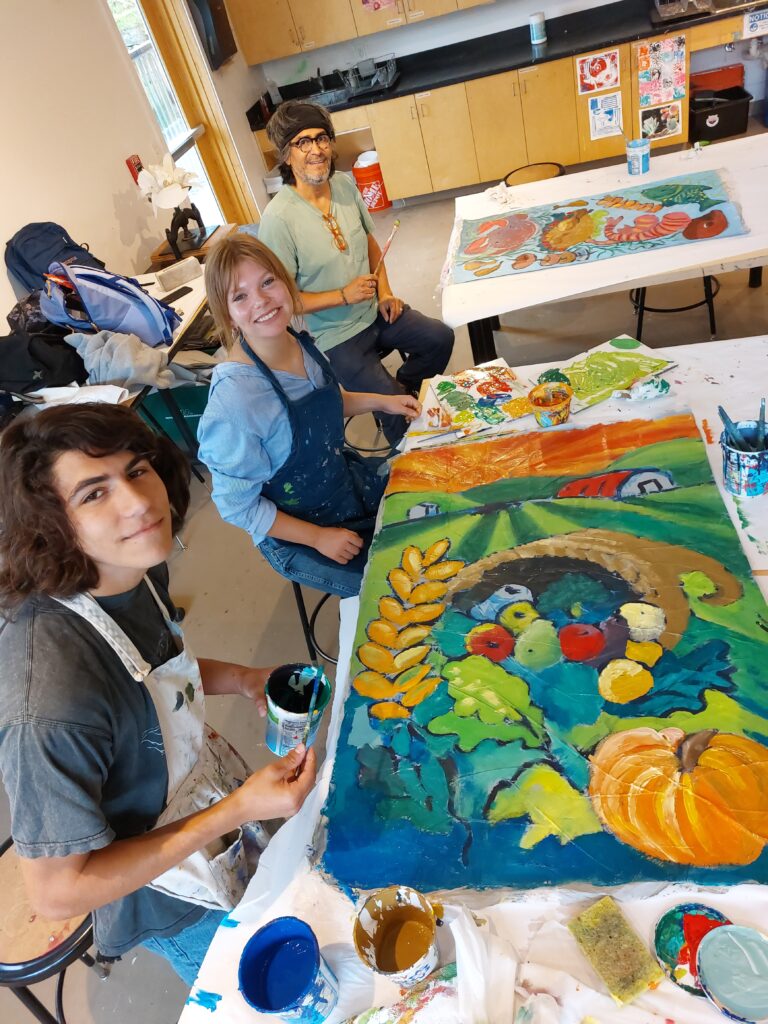
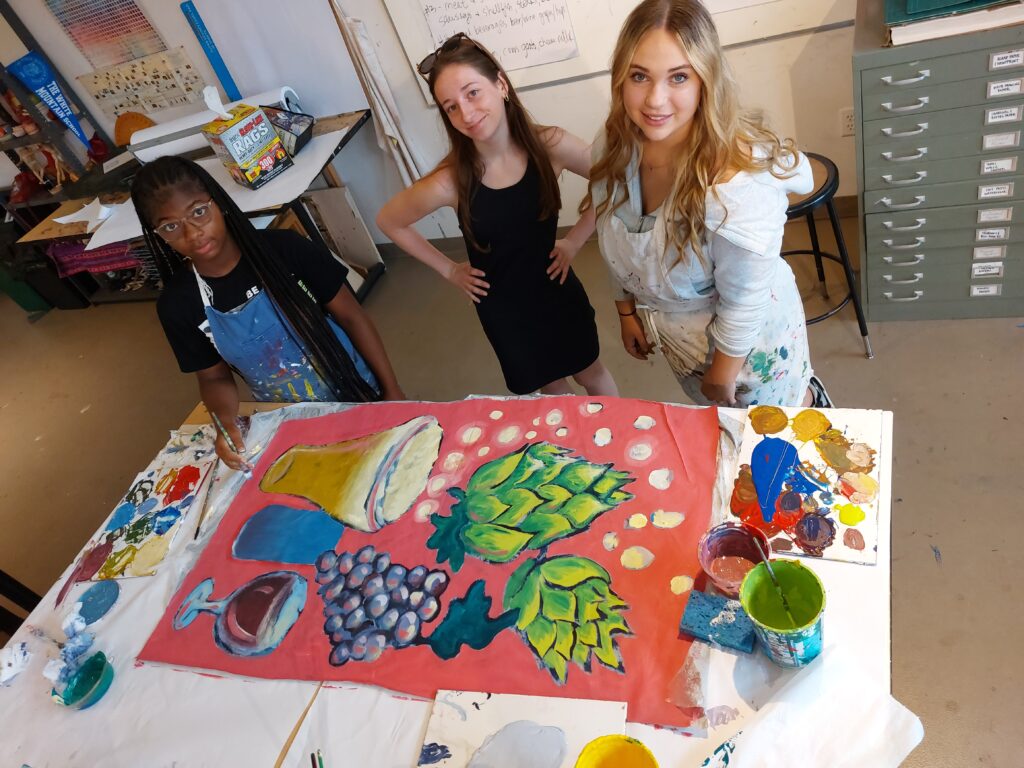
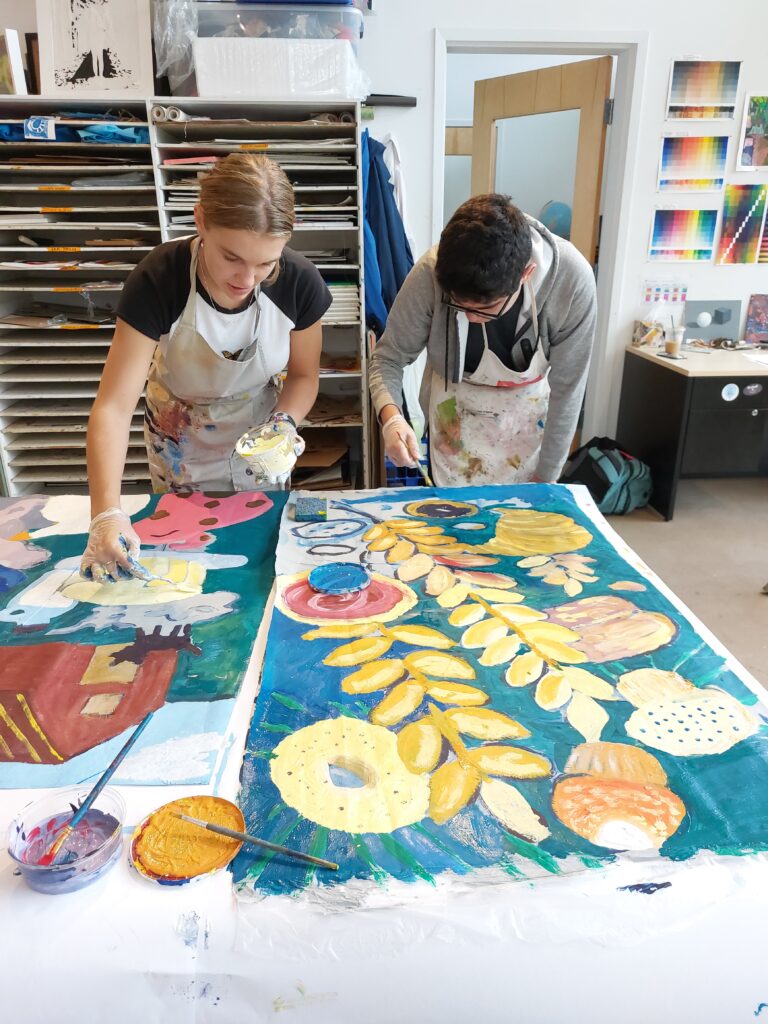
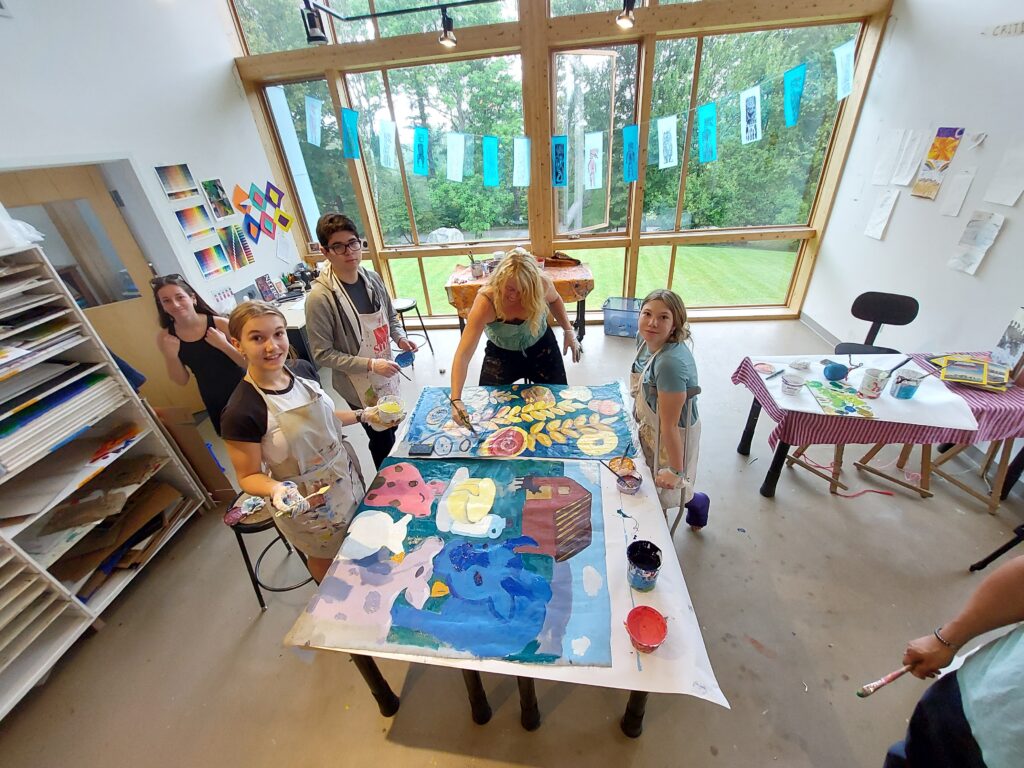
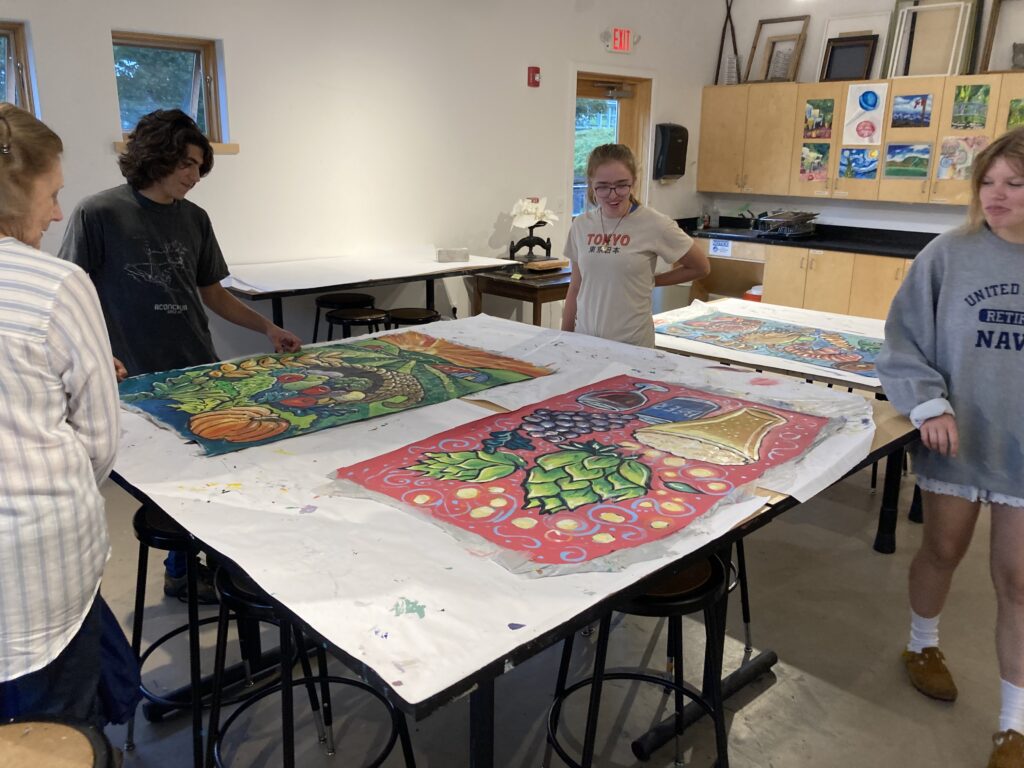
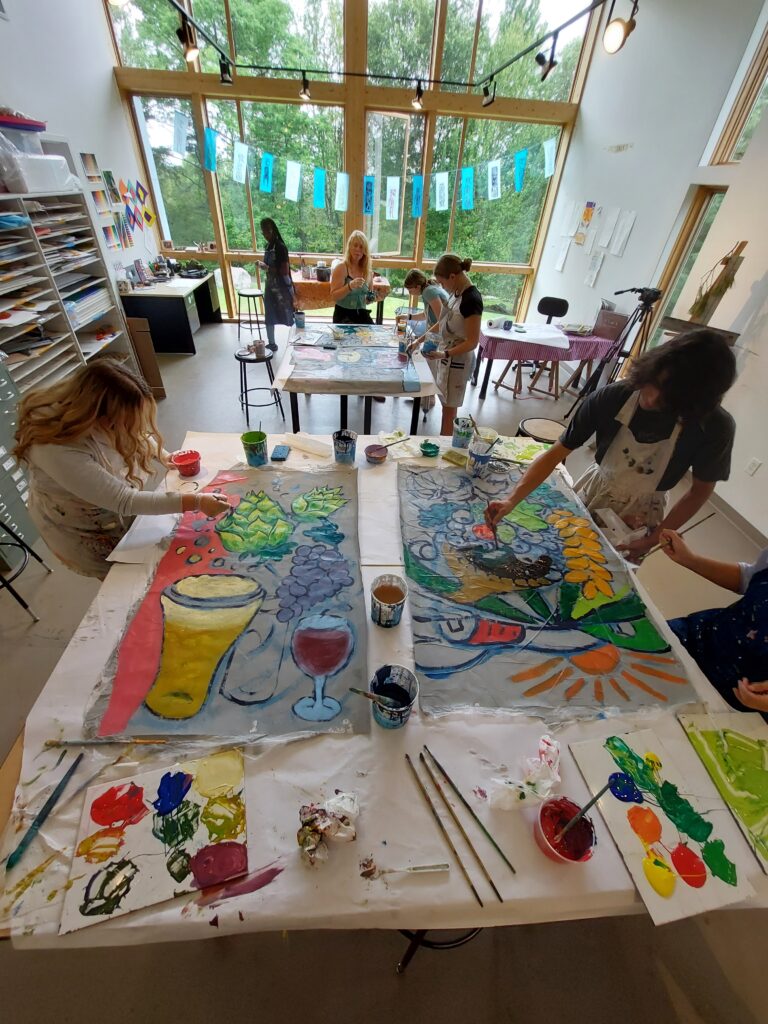
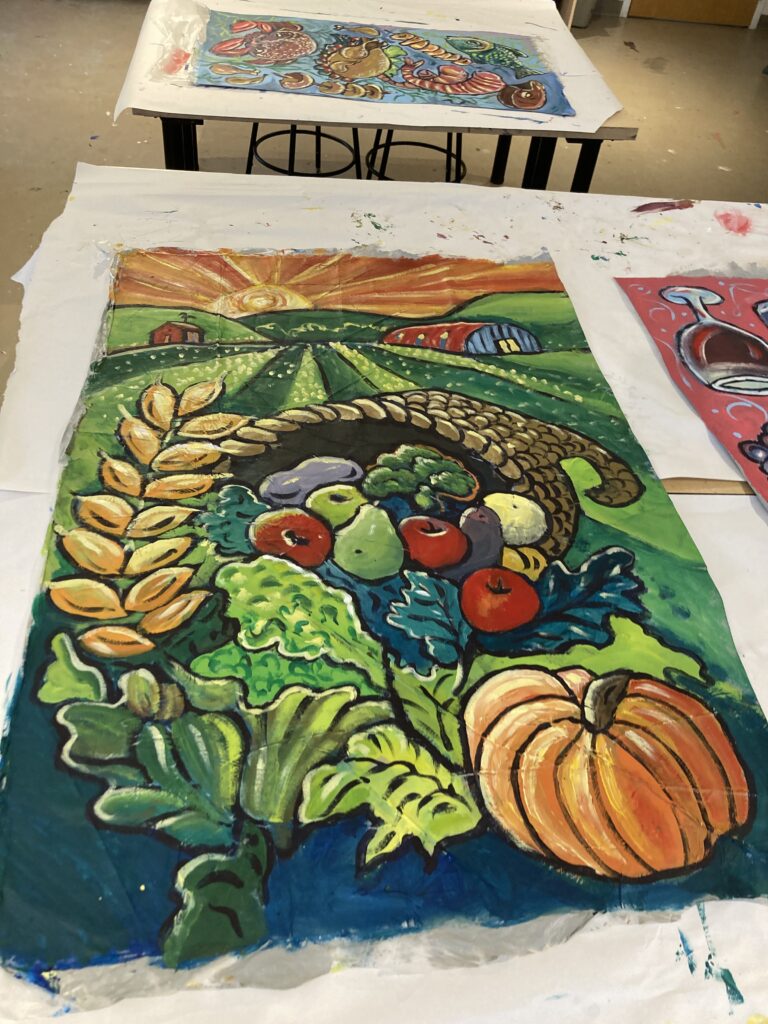
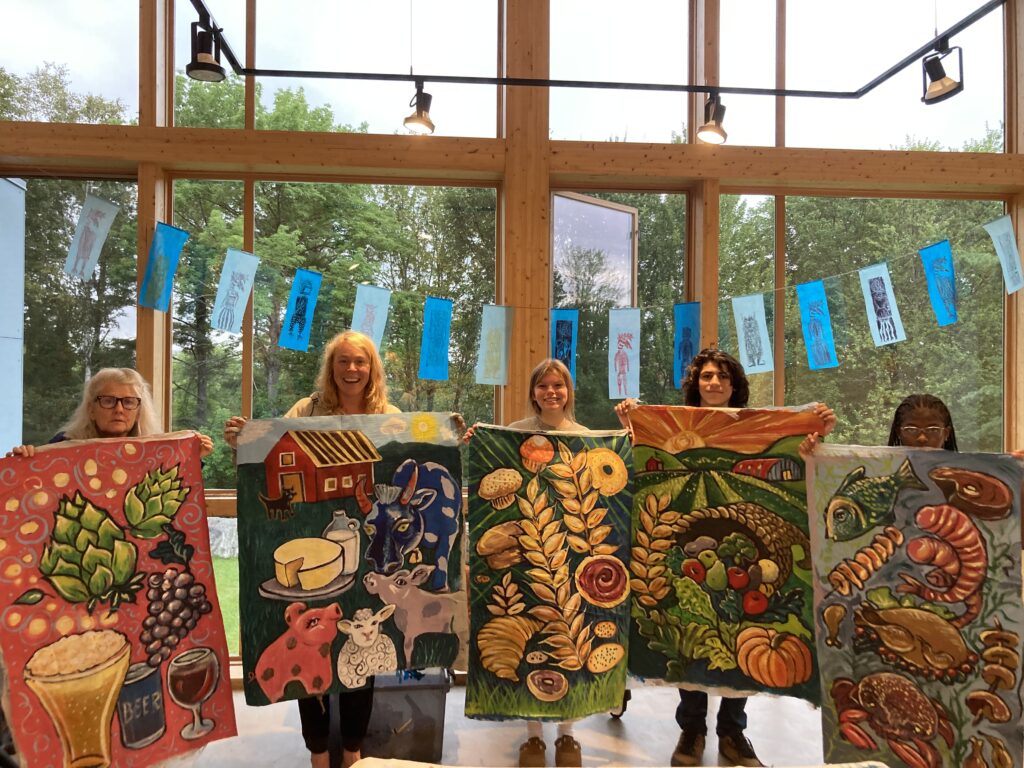
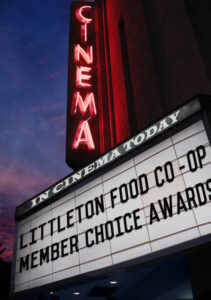
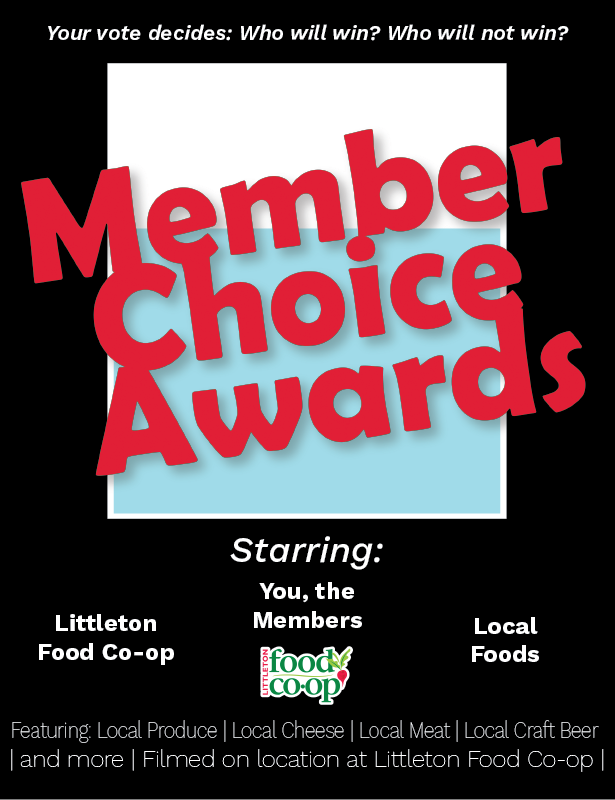
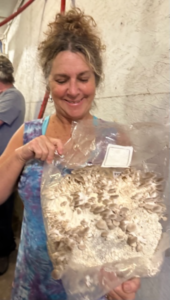
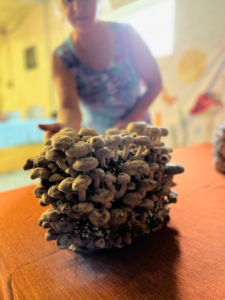
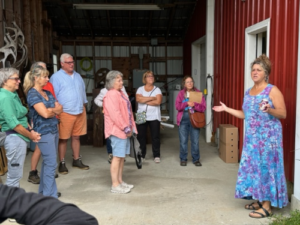
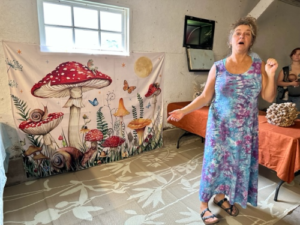
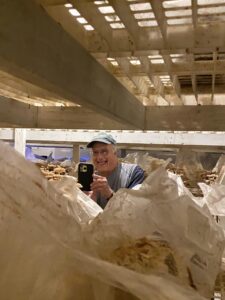

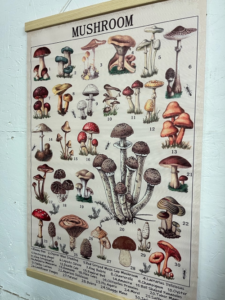
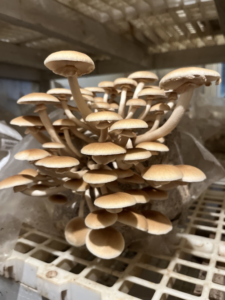
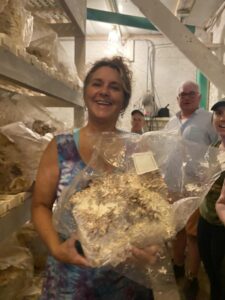
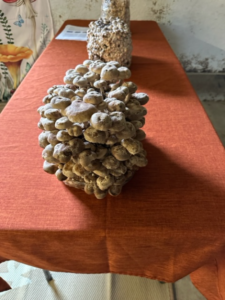
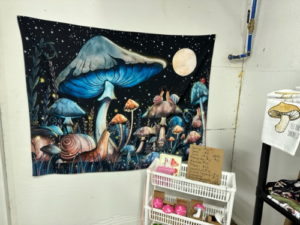
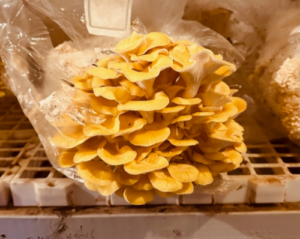

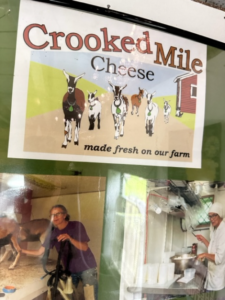
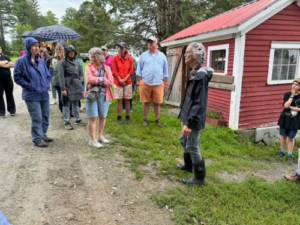
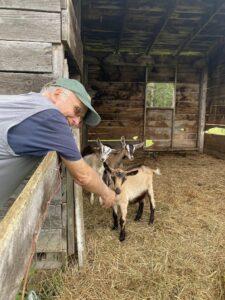
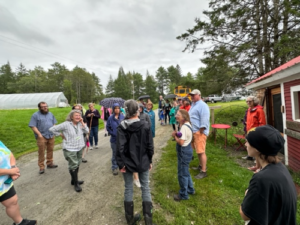
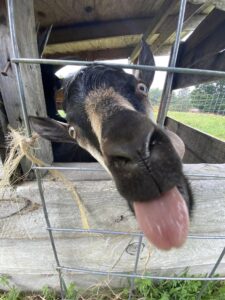
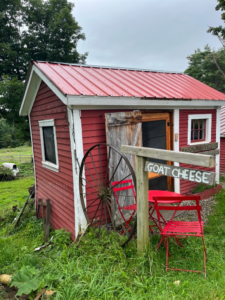
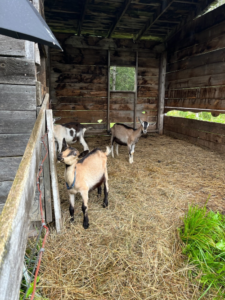
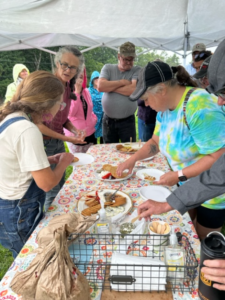
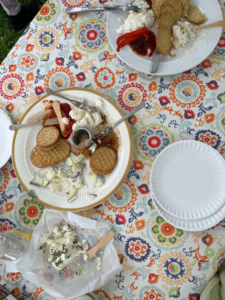
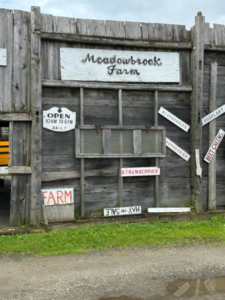
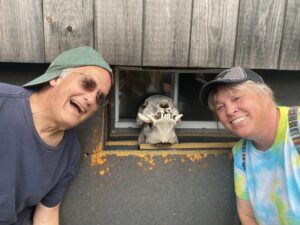
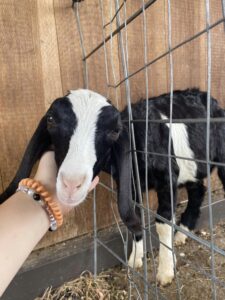
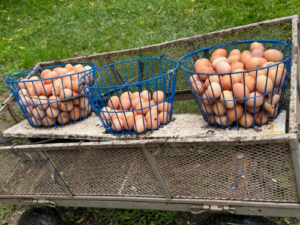
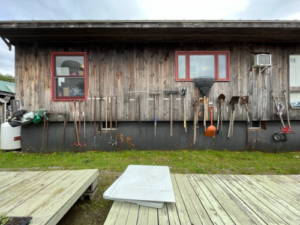
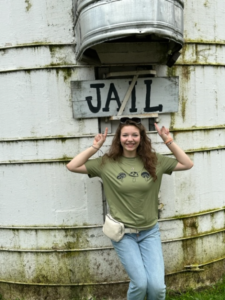
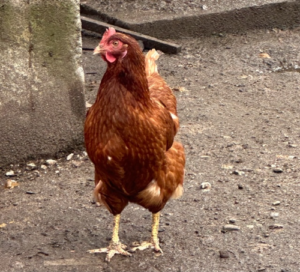
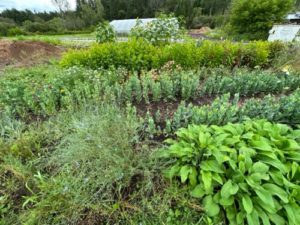
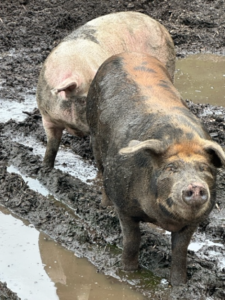

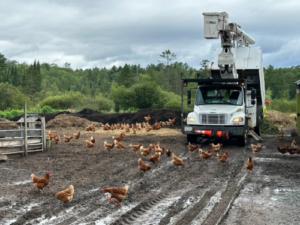
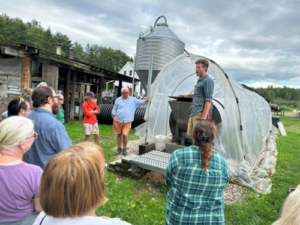
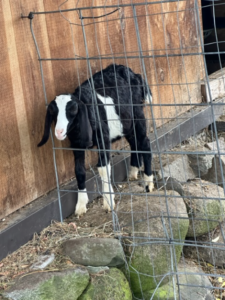
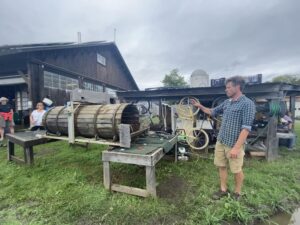
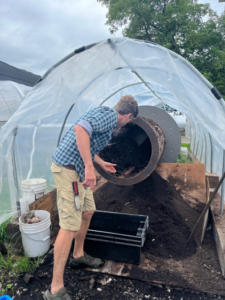
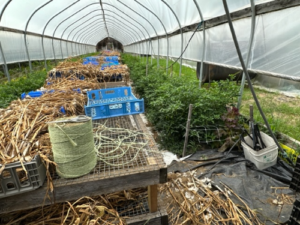
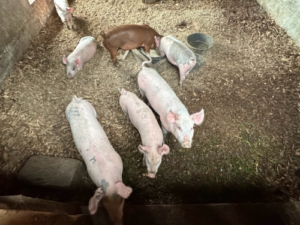
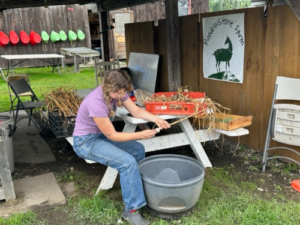
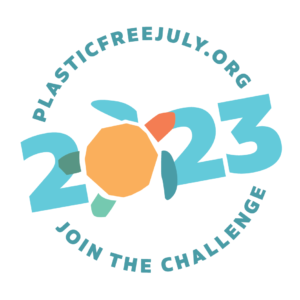 Let’s have a friendly chat about something important: garbage.
Let’s have a friendly chat about something important: garbage.